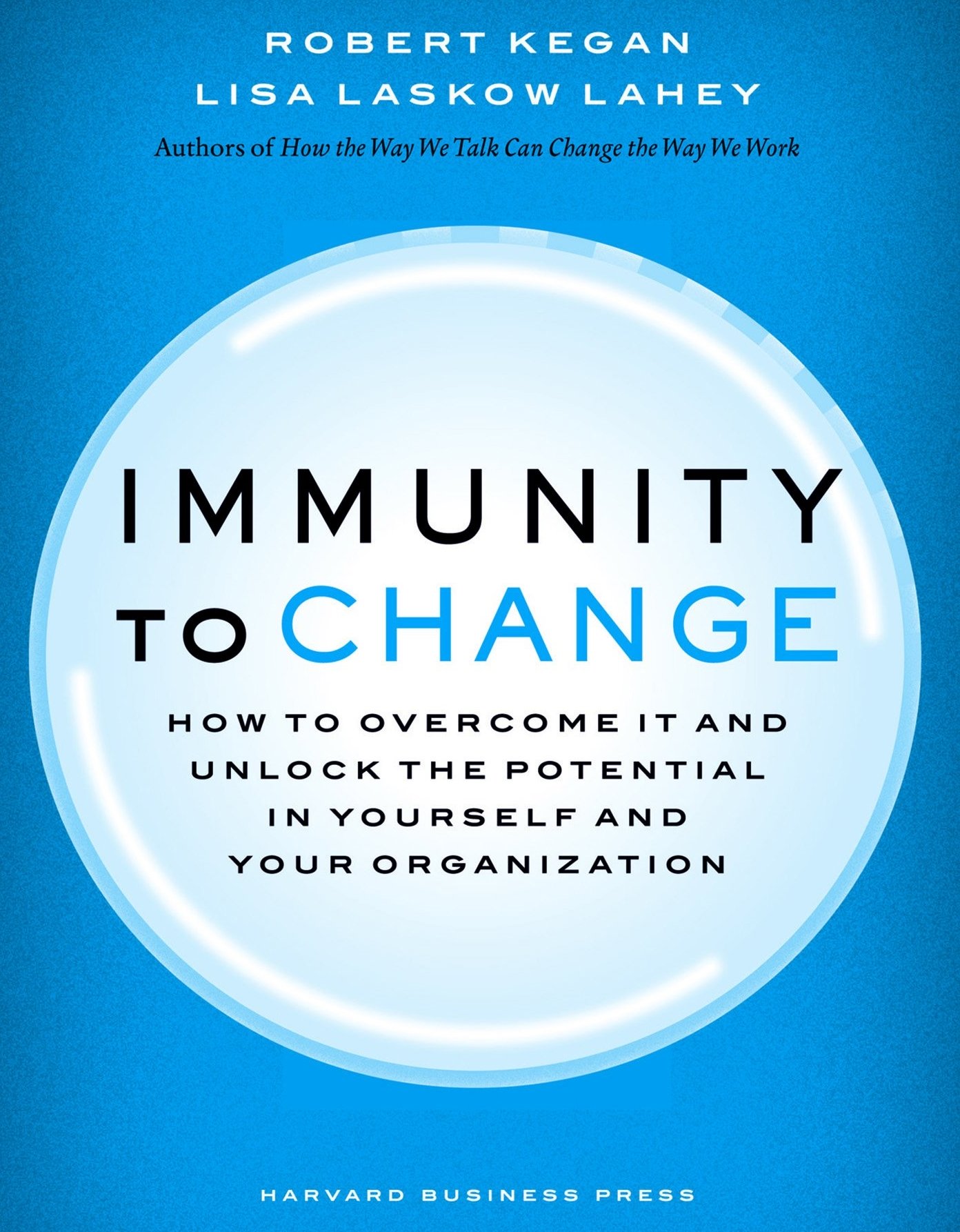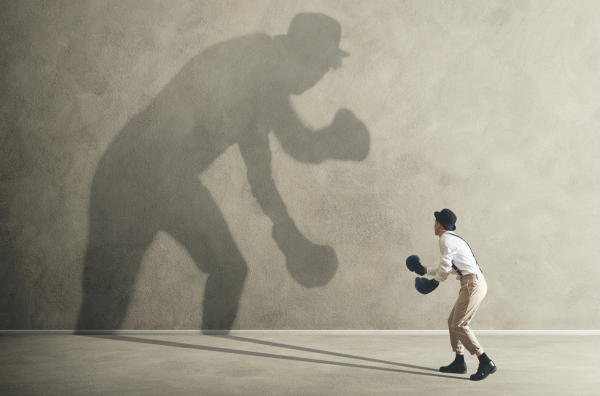How Do I Change And Why Is It So Hard?
We Would Rather Die Than Change, And We Usually Do
So How Do I Change?
How do I change? What do I have to do?
Well firstly, you have got to want to!
Reading this will not change you.
Doing as I have done, and spending years and $1000’s on books and courses and materials won’t change you.
To change you have to do some work on yourself, test and experiment and engage with change processes.
You have to be prepared to let go of old ways of being, thinking and behaving.
Most articles you read on personal change will at this point encourage you and make it sound so possible and so easy.
My take on all this is to be honest and practical with you. Whilst personal change is of course possible, it is not easy because there are several powerful factors working against you.
In my experience, the vast majority of people who say they want to change don’t change.
Most people reading this won’t change because they don’t really want to change.
They may on the surface, consciously, believe that they want to change, but there are at least 3 powerful forces at work that will likely undermine you.
Unless you are aware of these forces and know how to deal with them, you will not succeed and you will remain the same as the vast majority of the human race.
Most of us are so attached to how we are, at an unconscious level we feel safe with how we are, even when it so obviously isn’t working.
The 3 Fundamental Obstacles To Personal Change
[1] The Knowing Doing Gap
Your failure to achieve a personal change goal isn't a lack of willpower.
Your failure to change is the result of an unconscious "immunity to change", also know as resistance.
It's purpose is to help protect you from the negative impacts of personal change such as disappointment and shame.
Your resistance to an answer to the "how do I change question" is caused by a hidden commitment, with an underlying root cause, that competes and conflicts with your stated commitment to change.
Put simply, it is these hidden commitments that cause us to not keep New Year resolutions, to fail with diets, to not stop smoking etc.
This is also referred to as the "Knowing Doing Gap", and this is:
"The gap between our intentions, things we actually want to carry out, and what we are actually able to do." [Kegan - "Immunity to Change"].
Kegan cites a dramatic and poignant illustration of the "knowing doing" gap based or recent research in the US healthcare sector:
"If you look at people who are prescribed maintenance medications, people who should take, for example, a statin drug for the rest of their lives to control blood pressure or high cholesterol and stay alive, you would assume 100pc of these people would do so, wouldn’t you?
It turns out that research carried out here in Massachusetts shows that anywhere from between a third to a half of all Americans on maintenance medications, who understand why they’re on them, don’t take them after a year."
Even more dramatically:
"Another study showed that if heart doctors tell their seriously at-risk heart patients they will literally die if they don’t change their lifestyle, only one in seven, on average, is actually able to make the changes..."
"These are the kind of stark reminders which show us that the usual explanations for why people don’t make changes are pretty weak..."
How to resolve the knowing doing gap?
The process is very simple - and very powerful for its simplicity - and is based around a four-column exercise.
- Set a goal you want to achieve
- List & review your obstructive behaviours
- Confront your competing commitment
- Challenge your big assumptions
Full and extensive resources here.
[2] Your Lizard Brain Sabotages You
The knowing doing gap is a software explanation for your resistance to personal change.
However there is also a hardware explanation.
We are walking around with the same hardware as our Paleolithic ancestors.
As Nassim Taleb succinctly put it:
“Our minds are not quite designed to understand how the world works, but, rather, to get out of trouble rapidly and have progeny."
98% of our thinking is unconscious, automatic and impulsive.
This thinking uses our mammalian brain which is all about emotions and is driven by our reptilian brain which is focused on survival.
The fundamental problem is that we are hardwired to survive and reproduce.
Why?
Because this is the function and purpose of our amygdala otherwise known as "The
Lizard Brain" which is responsible for our instinctive drives.
As Seth Godwin pithily expressed it:
"The lizard brain is hungry, scared, angry and horny"!
The lizard brain doesn't think reflectively it reacts automatically to what it sees in front of it.
Professor William Irvine gives an overview of evolutionary psychology and the development of thinking systems in our brain:
As a result of all these evolutionary developments there are two systems in your brain which are constantly in conflict for control of your behaviour and actions.
In "Thinking Fast And Slow", based on the work of Daniel Khaneman, you will find provide practical solutions as to what you can do about it.
[3] Your Life Doesn't Depend On It
Put very simply, what do you want out of life? What is your core desire?
Unless your desire to change is greater than your powerful and deep-seated desire to keep things as they are, then I'm sorry to burst your bubble, but it isn't going to happen!
Your good intentions are going to end up in the waste bin alongside a lifetime's failed resolutions to change.
A powerful metaphor for finding your core desire is provided by the story
of the Zen master who was repeatedly asked by a very devout and seeking
student:
"Master, what does it take for me to reach enlightenment?"
The Zen master ignored the student. She asked again and was ignored. Eventually she said:
"Master, please tell me, what must I do to reach enlightenment?"
The Zen master grabbed the student by the scruff of the neck and held her head under water in a nearby water trough.
30 seconds later he pulled the student's head up and then immediately plunged her head back under water.
This
process repeated a few times until eventually the Zen master relented -
whereupon he said to the gasping half drowned student:
"When you seek Zen as you now seek air - THEN you will find it."
So, I ask you:
"Why do you ask 'How do I change?' ...why do you want to change?"
So, to be clear, your core desire is that thing you want so badly that you
will do or become whatever it takes to get it, no matter how hard it
is or what the risk or expense is.
Here are 3 proven key steps to accurately identify your core desire.
Next Article: Your Inner Map Of Reality
Return from "How Do I Change" to: How To Change Your Life
LATEST ARTICLES
Does Prayer Work? The Psychology of Prayer, Meditation and Outcomes
 Reality Is A Complex System Of Countless Interactions - Including Yours. So does prayer work? The problem is that the question itself is usually framed in a way that guarantees confusion. We tend to a…
Reality Is A Complex System Of Countless Interactions - Including Yours. So does prayer work? The problem is that the question itself is usually framed in a way that guarantees confusion. We tend to a…Living in Survival Mode Without Surrendering Mental Authority
Living in Survival Mode Without Surrendering Mental Authority
 Clear Thinking When You’re Just Trying to Stay Afloat. Many people today are overwhelmed because they are living in survival mode - not temporarily, but as a persistent condition of life. For many, th…
Clear Thinking When You’re Just Trying to Stay Afloat. Many people today are overwhelmed because they are living in survival mode - not temporarily, but as a persistent condition of life. For many, th…Manifestation Without Magic: A Practical Model
 Manifestation without magic is not a softer or more intellectual version of popular manifestation culture. It is a different model altogether. Popular manifestation teachings tend to frame reality as…
Manifestation without magic is not a softer or more intellectual version of popular manifestation culture. It is a different model altogether. Popular manifestation teachings tend to frame reality as…Staying Committed When You Can't See Progress - The Psychology of Grit
 Uncertainty Is Not The Absence Of Progress, Only The Absence Of Reassurance. One of the most destabilising experiences in modern life is not failure, but uncertainty and staying committed when you can…
Uncertainty Is Not The Absence Of Progress, Only The Absence Of Reassurance. One of the most destabilising experiences in modern life is not failure, but uncertainty and staying committed when you can…The Battle For Your Mind - How To Win Inner Freedom In A Digital Age Of Distraction
 From External Events to Inner Events. We often think of “events” as things that happen out there: the traffic jam, the rude comment, the delayed email reply. But what truly shapes our experience is wh…
From External Events to Inner Events. We often think of “events” as things that happen out there: the traffic jam, the rude comment, the delayed email reply. But what truly shapes our experience is wh…How to See Your Thoughts Without Becoming the Story
 A Practical Guide to Thought-Awareness. You can spend your life inside the stories of your mind without ever learning how to see your thoughts clearly and objectively. Most of the stuff we tell oursel…
A Practical Guide to Thought-Awareness. You can spend your life inside the stories of your mind without ever learning how to see your thoughts clearly and objectively. Most of the stuff we tell oursel…The Collison Decision Matrix - A Simple Framework for Better Choices
 The Collison Decision Matrix Is A Practical Everyday Thinking Tool. Most of us spend a surprising amount of time worrying about decisions. From small ones such as what to wear, what to eat, what to te…
The Collison Decision Matrix Is A Practical Everyday Thinking Tool. Most of us spend a surprising amount of time worrying about decisions. From small ones such as what to wear, what to eat, what to te…The Power Of Asking The Right Question
 The Power Of Asking The Right Question Lies In The Quest For Insight. To experience the power of asking the right question you must develop the practice of asking questions. The best way to improve th…
The Power Of Asking The Right Question Lies In The Quest For Insight. To experience the power of asking the right question you must develop the practice of asking questions. The best way to improve th…Site Pathways
 Here is a site pathway to help new readers of Zen-Tools navigate the material on this site. Each pathway is based around one of the many key themes covered on this site and contain a 150 word introduc…
Here is a site pathway to help new readers of Zen-Tools navigate the material on this site. Each pathway is based around one of the many key themes covered on this site and contain a 150 word introduc…How To Live With Contradiction - Beyond Thought Let Stillness Speak
 A major impact on so many peoples' lives is the situational contradiction of unfilled realistic expectations. So where does all this leave us? Well here we are, with mental equipment that is more lim…
A major impact on so many peoples' lives is the situational contradiction of unfilled realistic expectations. So where does all this leave us? Well here we are, with mental equipment that is more lim…How To Trust The Process Of Mindfulness - Right Now
 In mindfulness, the process isn’t some distant goal — it's what is happening right now. When we talk about how to trust the process of mindfulness the credibility of the process is heavily dependent…
In mindfulness, the process isn’t some distant goal — it's what is happening right now. When we talk about how to trust the process of mindfulness the credibility of the process is heavily dependent…



